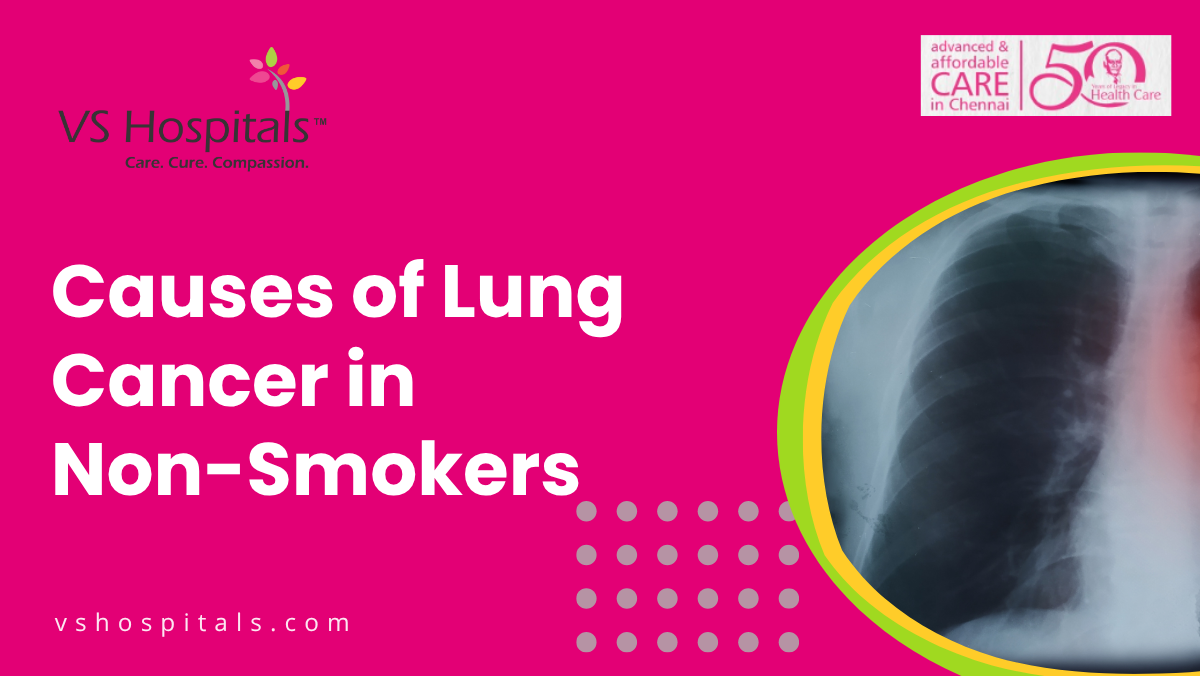
Causes of Lung Cancer in Non-Smokers
Lung cancer in non-smokers can result from factors like genetic mutations, environmental pollutants, and exposure to harmful chemicals.

Lung cancer in non-smokers can result from factors like genetic mutations, environmental pollutants, and exposure to harmful chemicals.
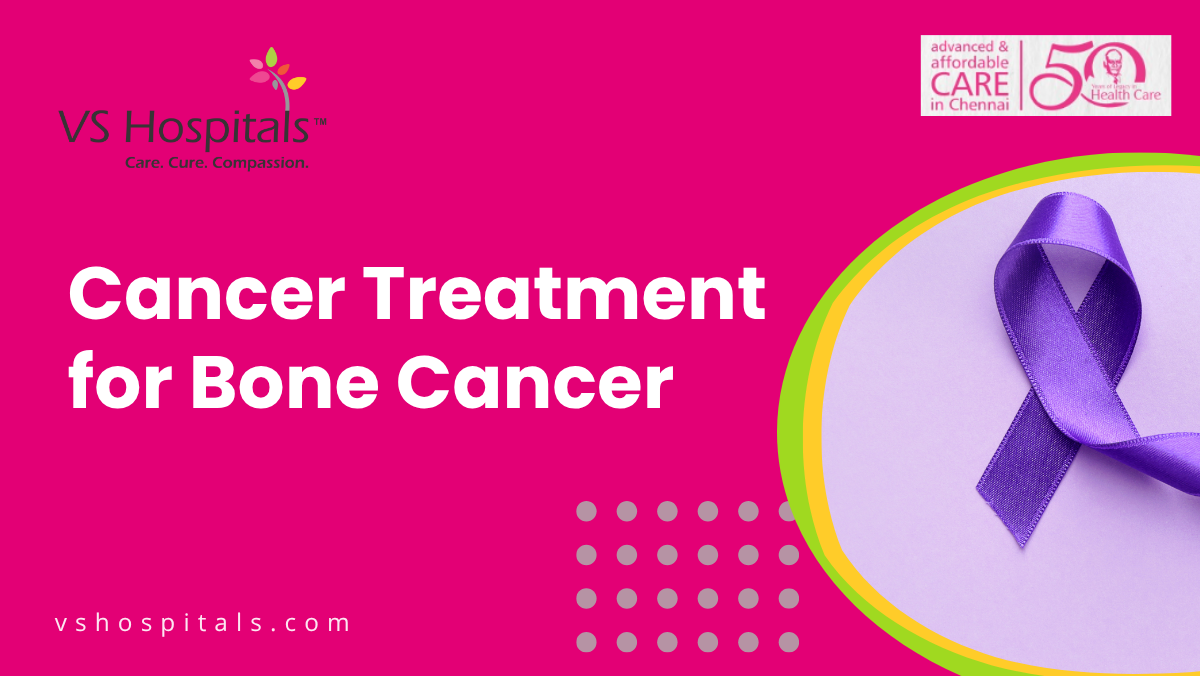
Effective cancer treatment for bone cancer includes surgery, chemotherapy, and radiation, providing hope and improved quality of life for patients.
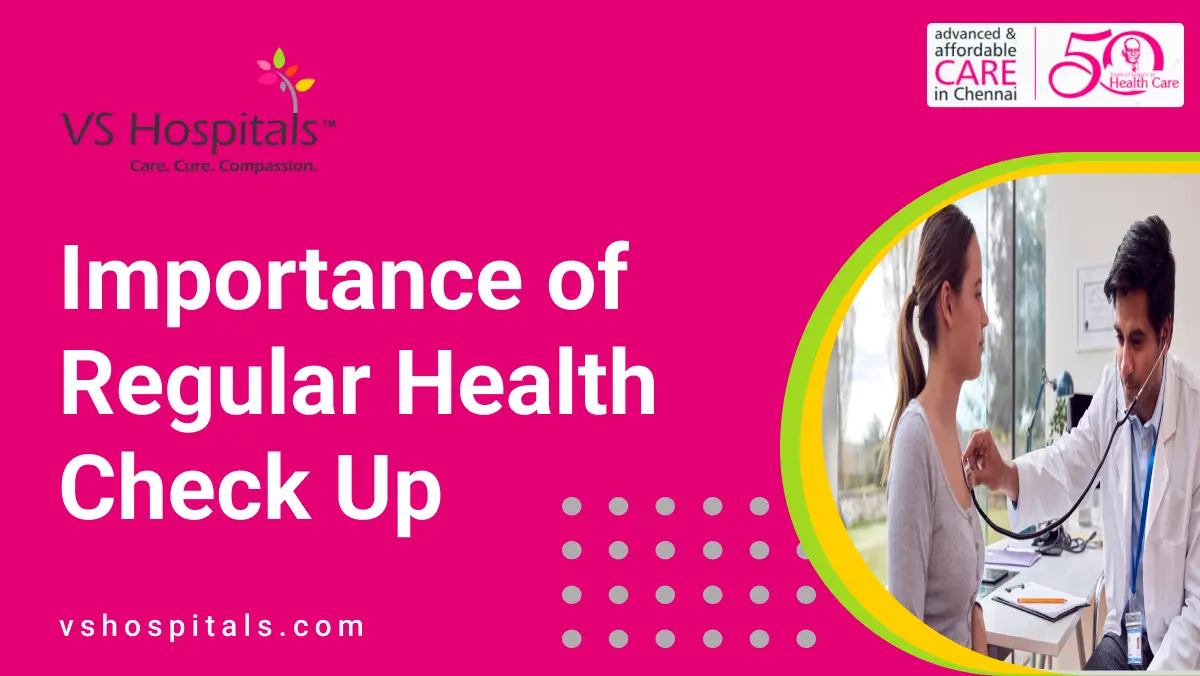
Regular health check-ups are vital for early detection and prevention of illnesses.
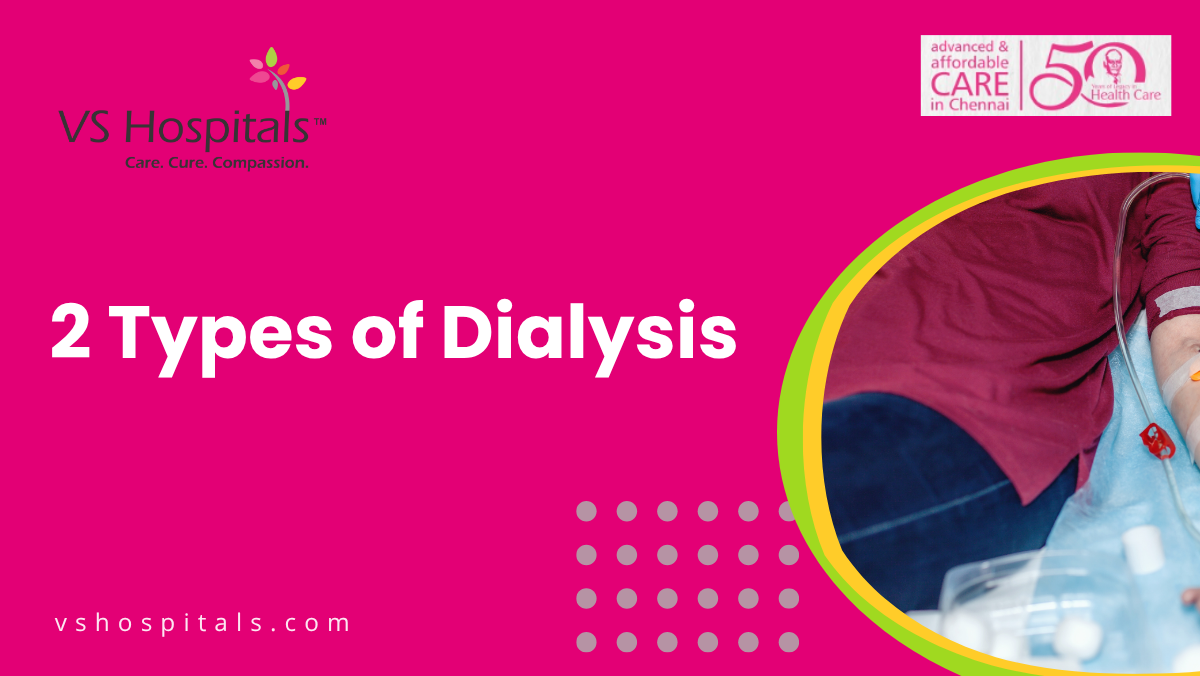
The two types of dialysis are hemodialysis and peritoneal dialysis, both effectively filter waste, toxins, and excess fluid from blood.

“Bone health in women is crucial for preventing osteoporosis, fractures, and maintaining mobility with proper diet and exercise.”
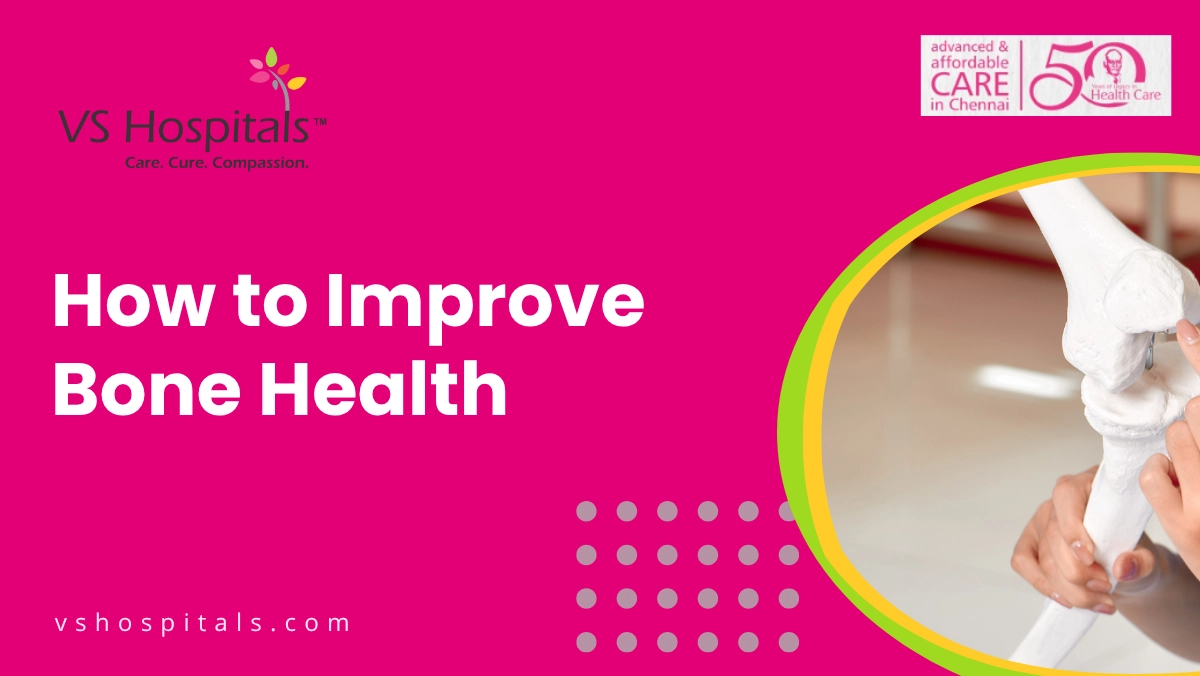
Improve bone health by eating calcium-rich foods, getting enough vitamin D, exercising regularly, avoiding smoking, and limiting alcohol consumption.
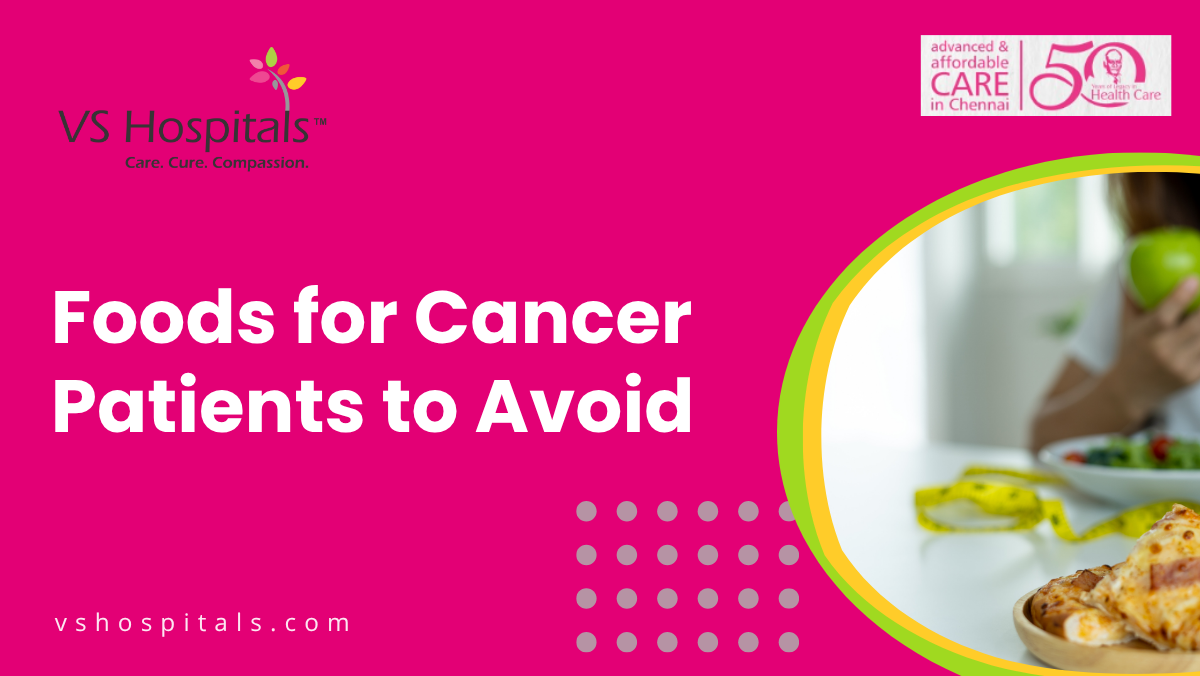
Cancer patients should avoid processed foods, sugary snacks, red meats, alcohol, and fried foods, as they may worsen health.
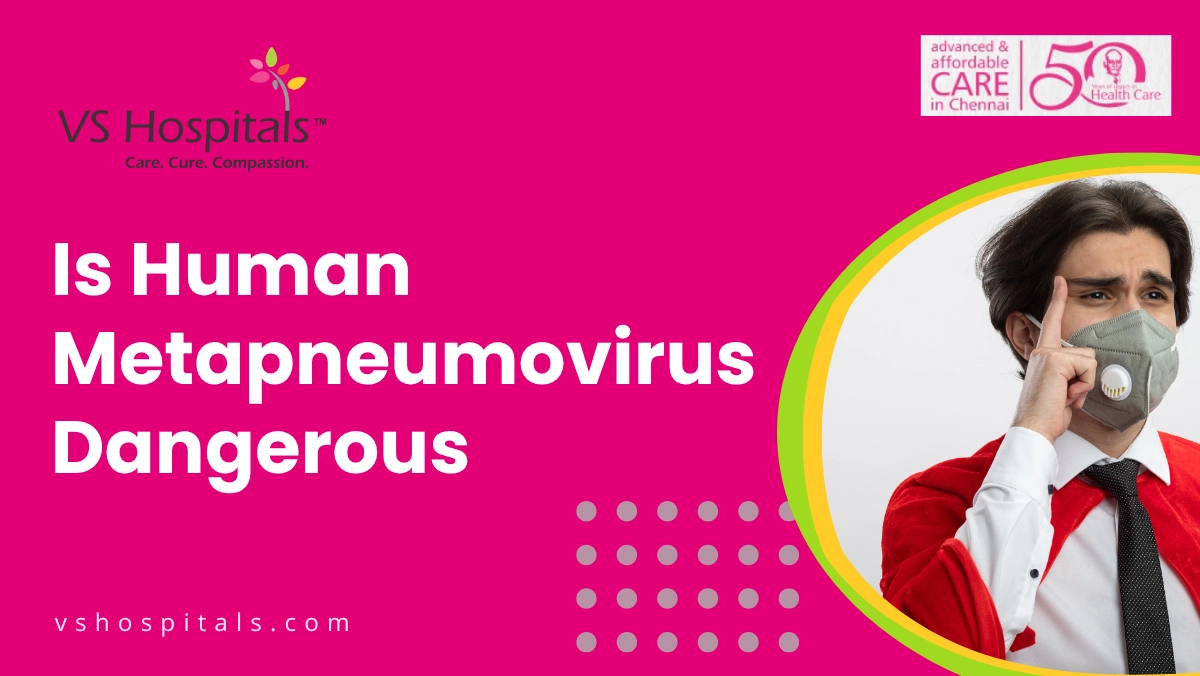
Human metapneumovirus (hMPV) can cause respiratory infections, particularly in children, elderly, or immunocompromised individuals. Severe cases may require medical intervention.
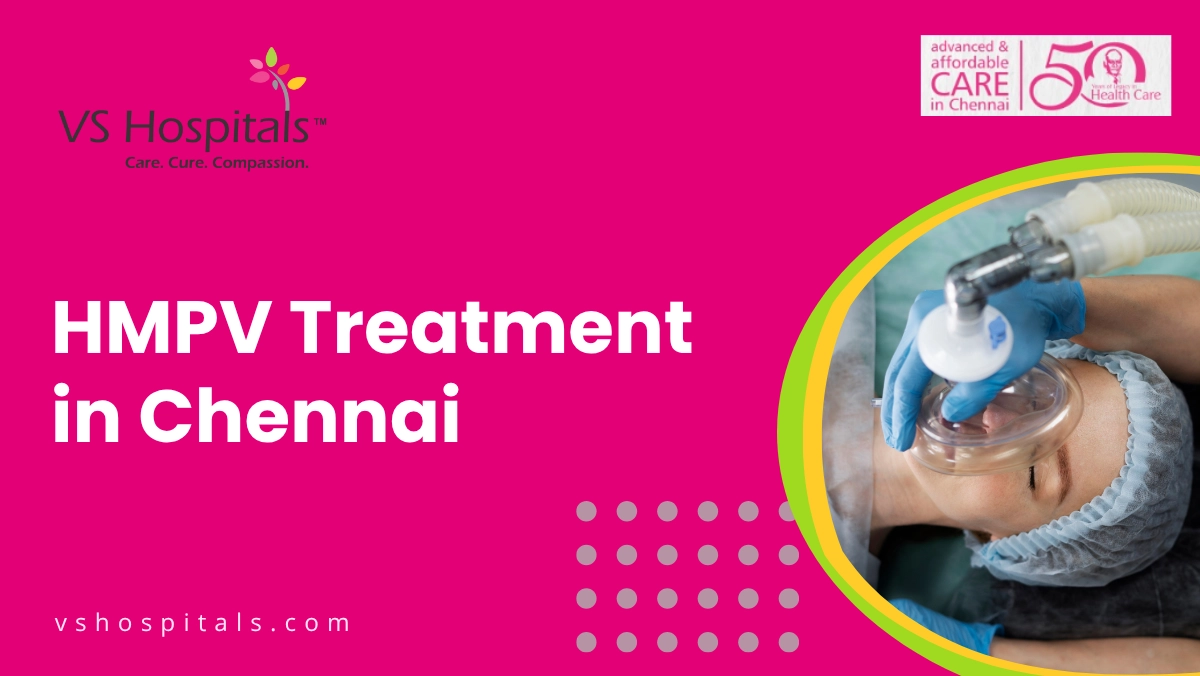
HMPV treatment in Chennai focuses on supportive care, antiviral medication, and symptom management under expert medical supervision.
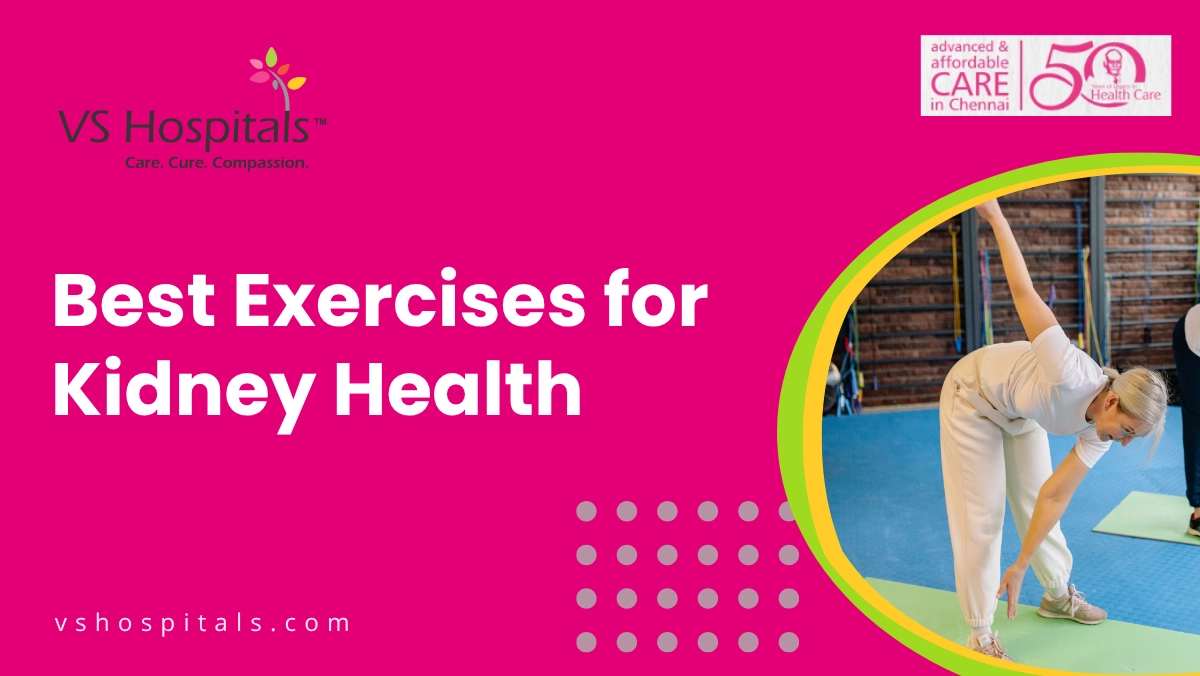
Explore the effective exercises to maintain kidney health, enhance blood flow, and support optimal renal performance daily.
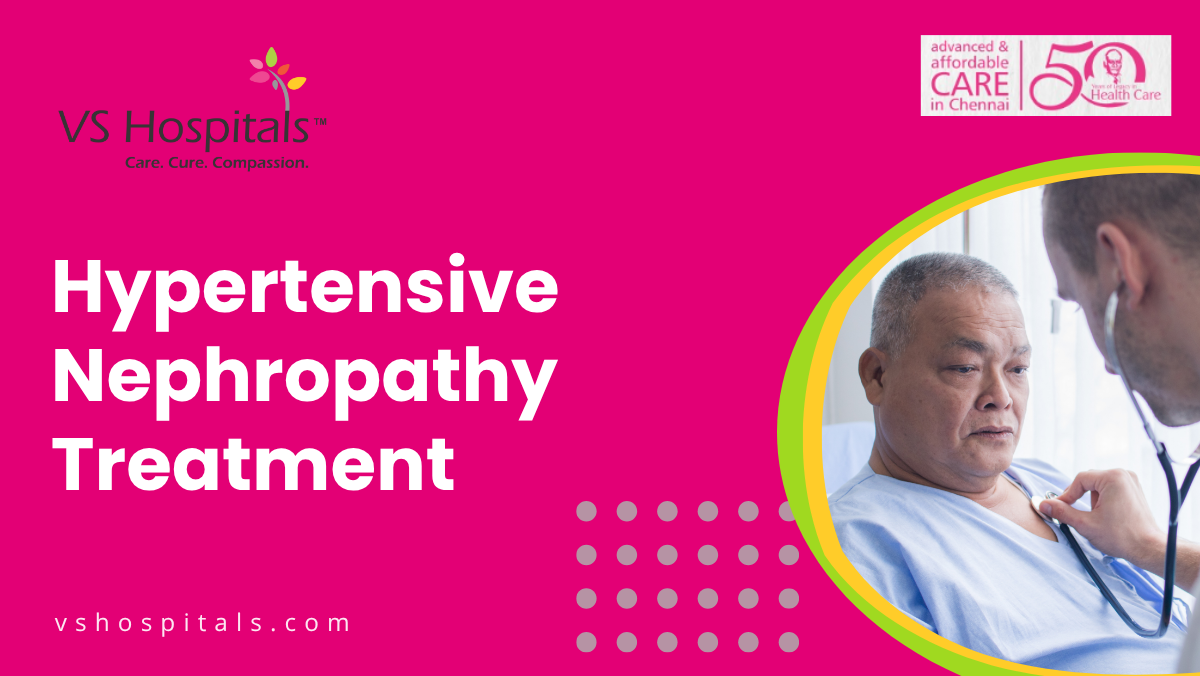
Hypertensive nephropathy treatment focuses on controlling blood pressure, managing kidney function, and preventing further kidney damage with medications.
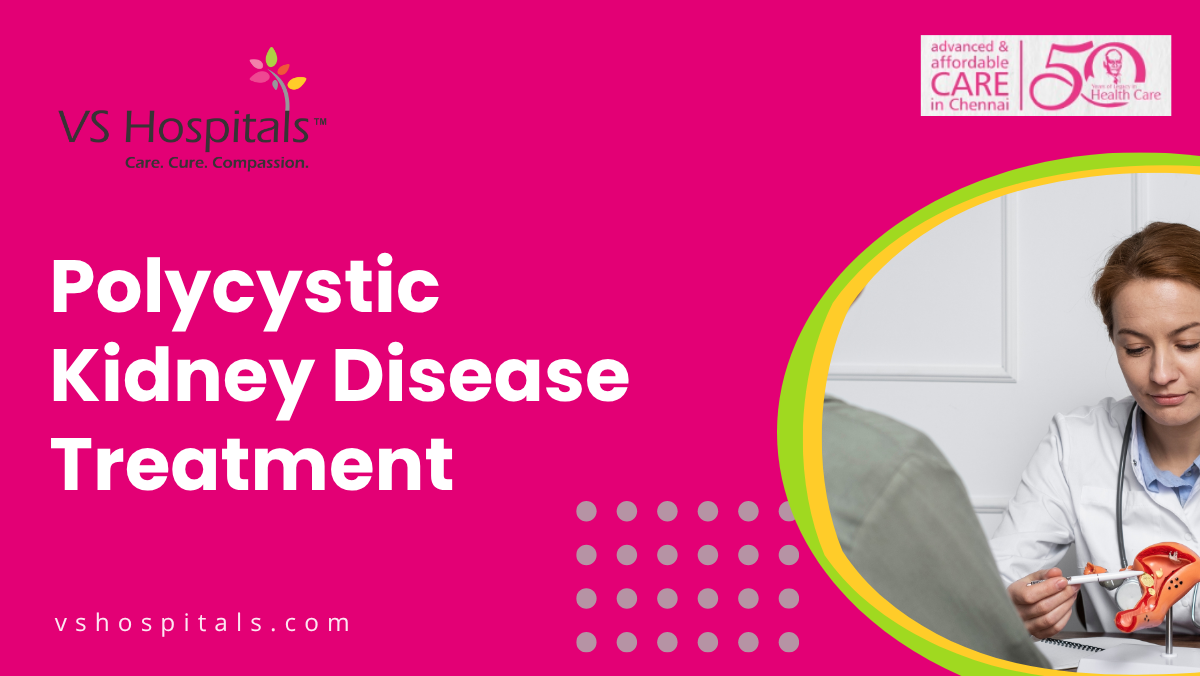
Polycystic Kidney Disease treatment includes managing symptoms, lifestyle changes, medications, dialysis, or kidney transplant for advanced cases.
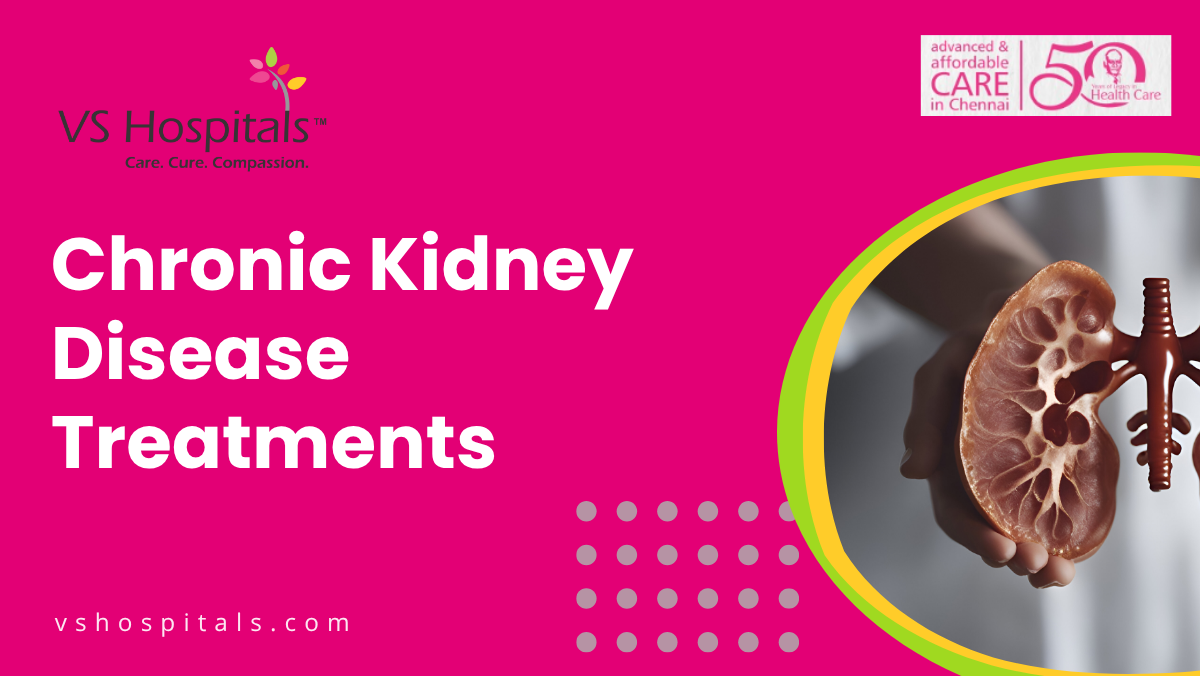
Explore effective treatments for Chronic Kidney Disease, focusing on innovative care options to improve kidney health and quality of life.
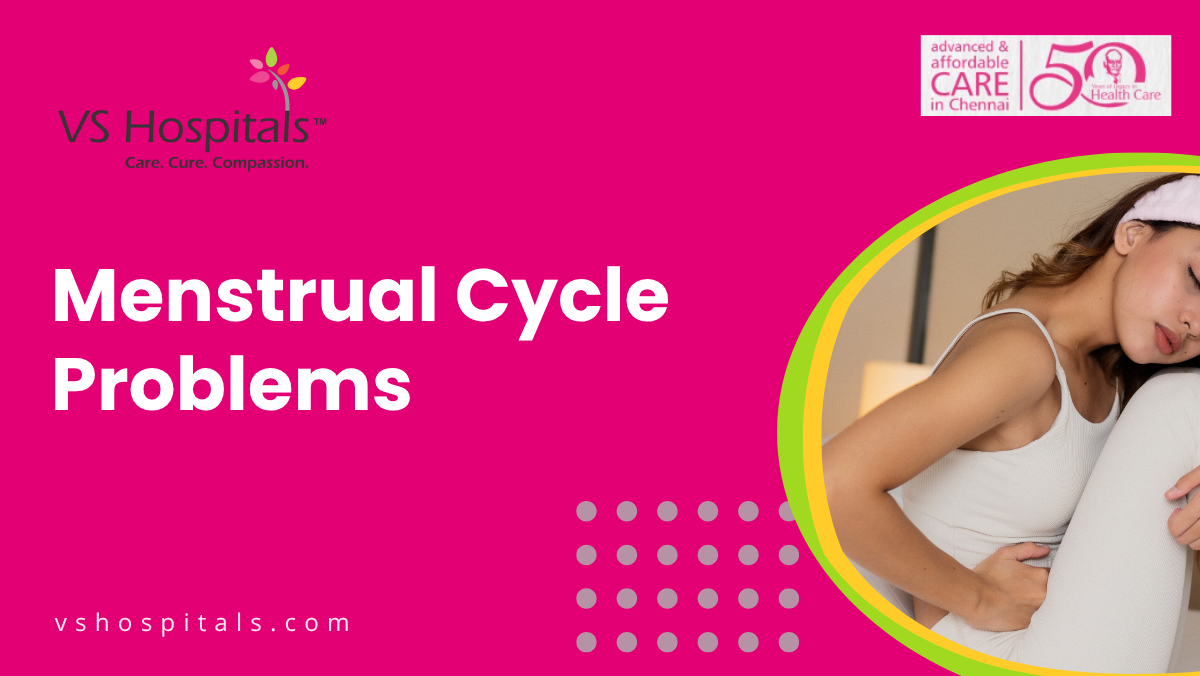
Menstrual cycle problems include irregular periods, heavy bleeding, pain, or missed cycles, often linked to hormonal imbalances or health conditions.
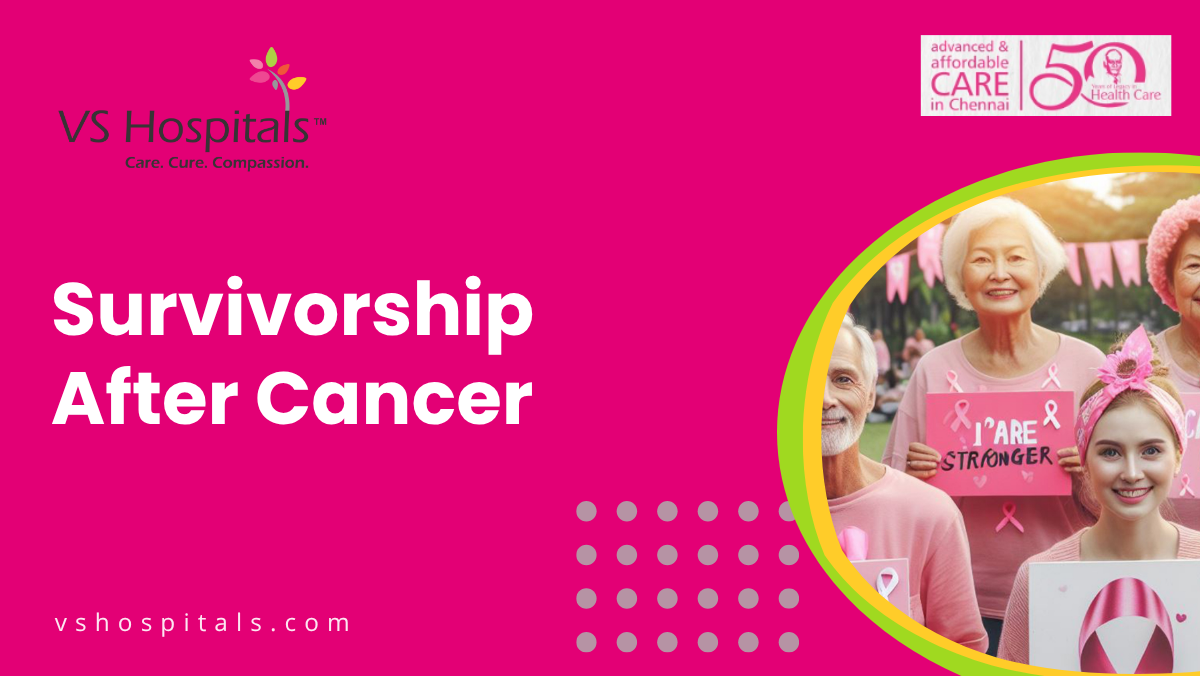
Survivorship after cancer focuses on physical, emotional, and social well-being, emphasizing recovery, resilience, and long-term quality of life.
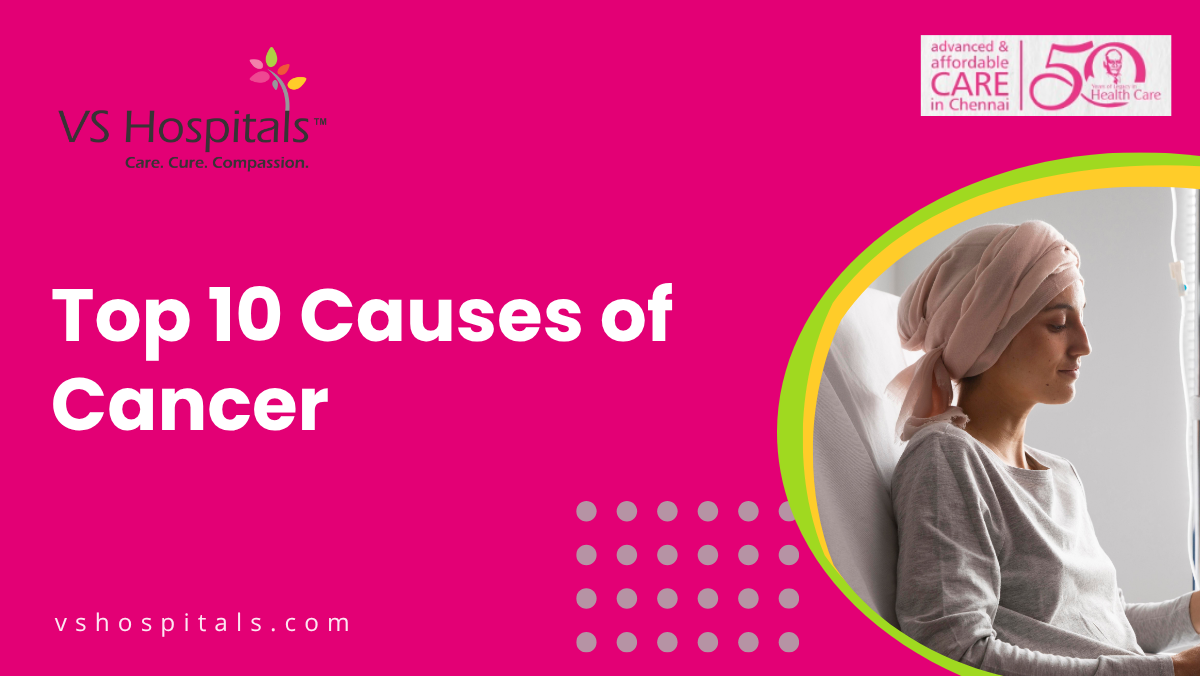
The top 10 causes of cancer include tobacco, obesity, infections, radiation, genetics, alcohol, diet, pollution, chemicals, and age.